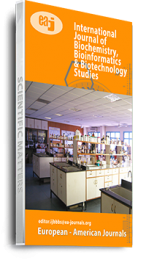Neonatal apnea, characterized by pauses in breathing lasting more than 20 seconds, is common in preterm infants due to immature respiratory control mechanisms, posing risks such as hypoxemia and bradycardia, which can impact neurological development. This review underscores the critical need for prompt and effective intervention, ranging from non-invasive techniques like tactile stimulation to advanced methods such as positive pressure ventilation and endotracheal intubation. Despite progress, research gaps remain in optimizing non-pharmacological and pharmacological treatments, highlighting the necessity for standardized training, updated guidelines, and multidisciplinary approaches. Continuous monitoring, post-event reflection, and ongoing research are essential to improve outcomes for these vulnerable patients.
Keywords: Neonatal apnea, airway management, neonatal resuscitation, positive pressure ventilation, preterm infants, respiratory distress

